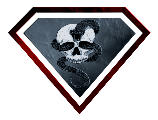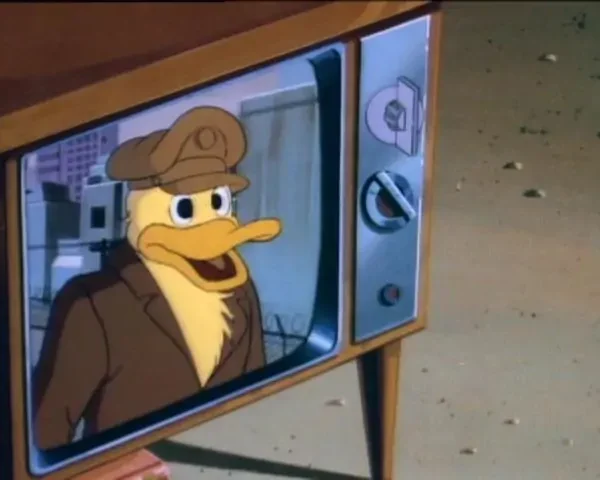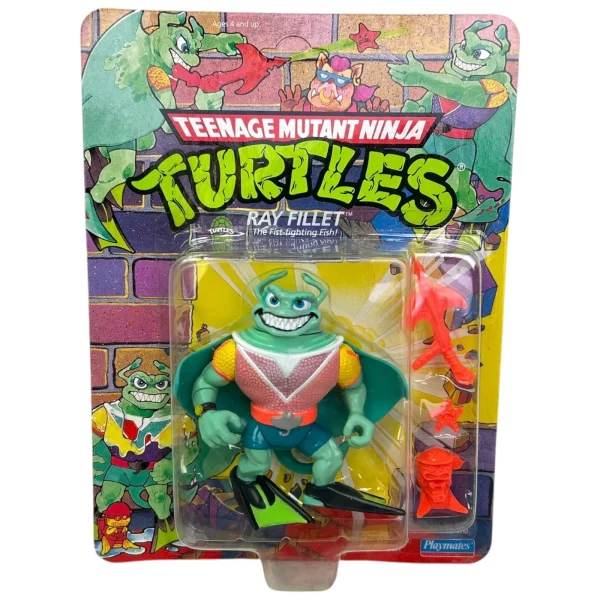NINJA TURTLE NOVEMBER — #18 SLASH: THE BROKEN MIRROR
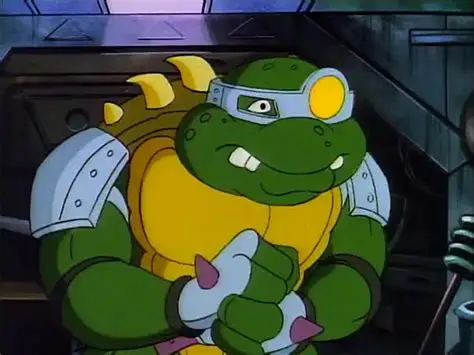
Every hero fears the monster hiding inside themselves.
For the Ninja Turtles, that monster once came to life —
armed with claws, teeth, and a twisted mockery of their own brotherhood.
His name is Slash,
and he is what happens when mutation meets heartbreak.
A Turtle Without a Home
Slash began not as a villain but as a victim — a lone turtle adrift in the chaos of Dimension X. The ooze that warped him did more than change his body; it changed his mind. His thoughts became jagged, his emotions cut open and left raw.
Unlike the Turtles, Slash never had a family.
No Splinter to guide him.
No brothers to shield him.
No hands to steady his first steps into mutation.
He learned to survive alone —
in the dark,
in the wild,
in the violence.
And that loneliness calcified into madness.
When Slash finally sets foot on Earth, he doesn’t arrive seeking conquest —
only connection.
Only love.
Only something to hold onto.
But he’d forgotten how to ask for it.
The Palm Tree That Meant Everything
In the 1987 cartoon, Slash’s descent into obsession and fury begins with something heartbreakingly small:
A plastic palm tree —
the only object from his pre-mutated life he still recognizes.
It represents peace, hope, and safety.
A life before the chaos.
When it is taken from him, that fragile link snaps.
Slash lashes out not because he is evil,
but because he has lost the last thing that reminded him
he once belonged somewhere.
This single moment shapes him —
the villain born from longing.
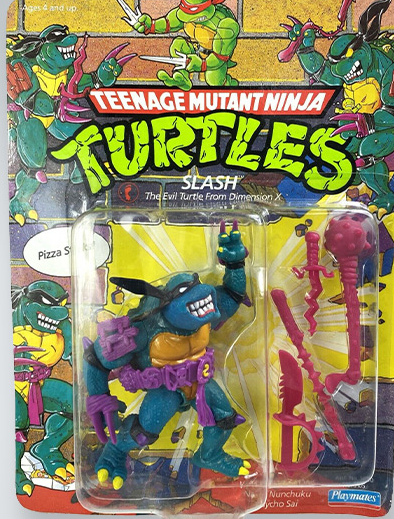
A Brutal Mirror of the Turtles
Slash is everything the Ninja Turtles could be without Splinter’s wisdom:
savagery without discipline,
power without purpose,
pain without healing.
His body is the familiar shell twisted:
jagged, spiked, scarred.
His face stretched into a brutal snarl.
His weapons improvised, animalistic —
less tools and more extensions of his rage.
Where Leonardo fights with precision,
Slash fights like a wounded animal —
devastating and uncontrolled.
Where the Turtles protect the innocent,
Slash is blind to innocence entirely.
To him, everything is a threat —
or a toy to cling to before it, too, is taken away.
In Slash, the Turtles see their own reflection —
fractured and frightening.
The Anti-Hero Who Might Have Been a Brother
Across different TMNT continuities, Slash changes — but never loses that seed of tragedy.
In some stories, he is a villain shaped by circumstance;
in others, a reluctant ally struggling to keep his worst impulses caged.
One version paints him as part of the Mighty Mutanimals,
where he finds friendship, purpose, and even redemption —
only to meet a brutal end along with the team.
Even at his best, fate never lets Slash hold onto peace for long.
He is a story defined by “almost.”
Almost good.
Almost saved.
Almost healed.
But the world is not kind to those who don’t fit easily.
The Action Figure That Looked Straight Into Your Soul
When Slash hit toy shelves in 1990, he stood out instantly —
a turtle, but not.
His skin was darker, his face wilder, his gear spiked and savage.
He was the brawler in a lineup of jokesters and ninjas,
the frightening cousin from another dimension who demanded a place in every kid’s battle scene.
Some figures were quirky.
Some were silly.
Slash was dangerous — or at least felt like it.
He was the first figure many kids bought to challenge the Turtles on equal footing —
the enemy they couldn’t laugh off.
Slash didn’t need an episode to explain himself.
One look at him told you everything.
He was the nightmare version of everything they could become.
A Villain Born of Pain, Not Hate
What makes Slash compelling isn’t his violence —
it’s the vulnerability beneath it.
He is a creature searching for belonging in a world that sees only the threat he poses.
He loves fiercely — too fiercely — and when that love is taken,
anger is the only language he remembers.
Slash is not Shredder.
He is not Krang.
He does not crave domination.
He craves connection.
And that is why his story hurts.
Why He Ranks #18
Slash occupies this spot because, while his appearances were brief,
his presence cast a long shadow.
He embodies the darker possibilities of mutation —
the tragedy behind transformations most characters shrug off.
Where the Turtles were blessed,
Slash was abandoned.
Where they found family,
Slash found isolation.
He is a warning, a reflection, and sometimes a brother-in-arms.
Always dangerous.
Never simple.
He ranks at #18 not for lack of power,
but because his story — like him — never found a stable home.
Yet for many fans, Slash is unforgettable —
the broken mirror that makes us appreciate how close the Turtles came to sharing his fate.
Final Echo
Some villains are evil.
Some are wounded.
Slash is both — and neither.
He is a child who never learned the language of kindness,
an outcast whose only keepsake was a plastic tree,
and a monster only because the world taught him nothing else.
In another life,
Slash could’ve been the fifth Turtle.
In this one,
he walks alone.
And somewhere in Dimension X —
or a memory —
that little palm tree still waits for him.
